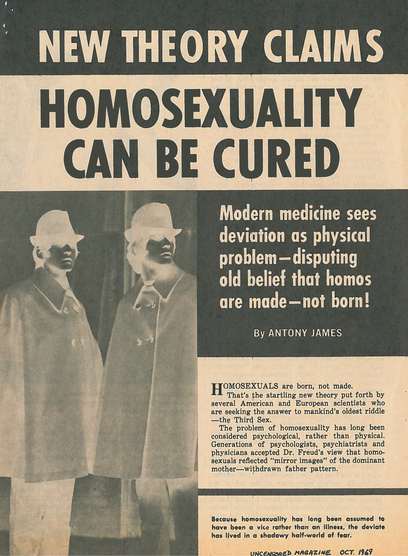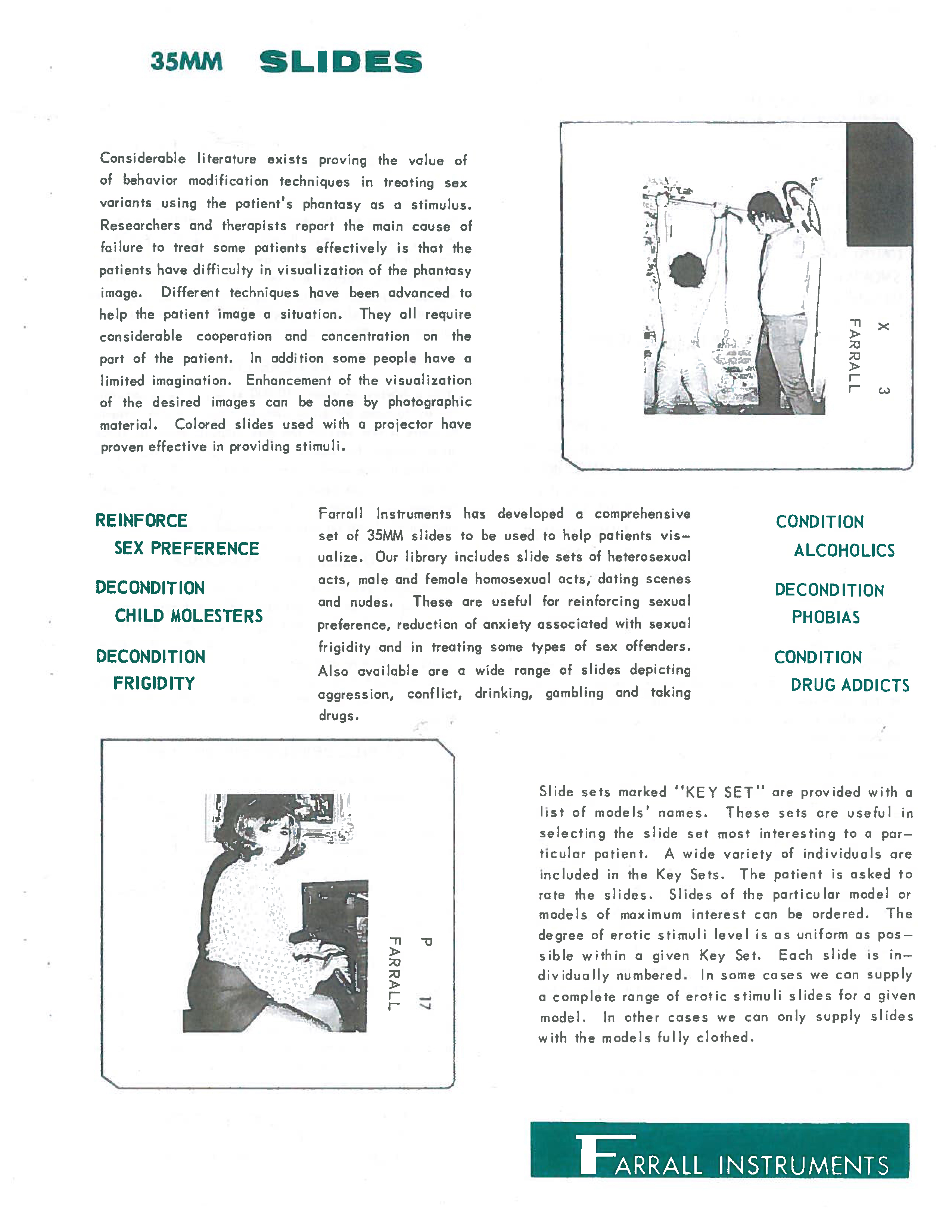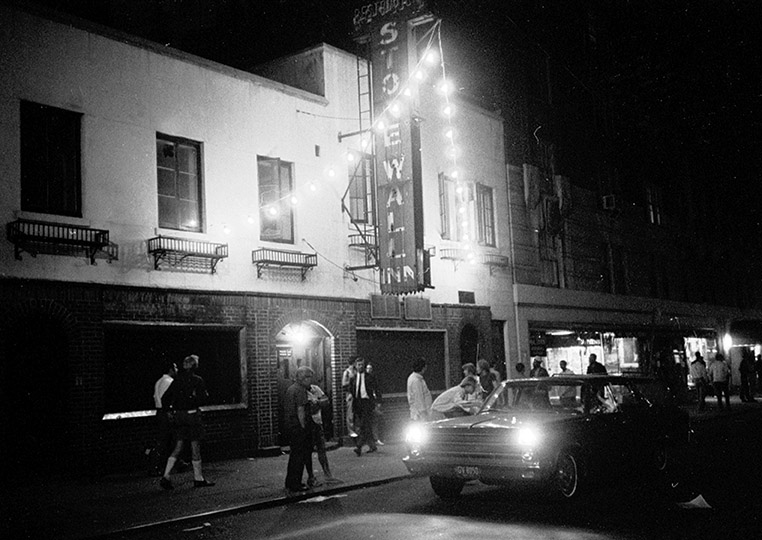Home
Historical ContextPrejudice & DiscriminationThe Stonewall UprisingGay Liberation
Contact Hypothesis
Moving Forward
Resources
The police considered public humiliation a liable way to obstruct homosexuality. As police raids on gay establishments increased, journalists deviated from using modest words to derogatory term to characterize the LGBTQ community. The fear of being outed led individuals to stay in the closet.
"Fourteen men were arrested, and sixty more were detained by the police. Even worse, the names and home addresses of some of the men were printed in the morning newspapers." (Pitman 9)
"For the next few decades, police raids became increasingly common, and stories about police raids of gay establishments—sometimes written in highly sensationalistic ways—began to appear in urban newspapers throughout the United States." (Pitman 9)
During the mid-1900s, individuals in the LGBTQ community started to internalize the prejudices society had on them. They began to believe they were sick and immoral. They tried to hide their homosexuality by starting families. Some even went through treatments to change their sexual orientation. Society wanted them to deny their sexuality.

(Mazaginze cover, Uncensored Magazine, 1969, HuffPost)

(Magazine page, Uncensored Magazine, 1969, HuffPost)
There were many allegations, claiming to cure homosexuality.
“...at that time, I was drafted and I went to the induction center in New Haven and reported for duty and was being screened. They give you a form you have to fill out and in one box it said do you have homosexual tendencies. So I checked the box yes and submitted my form. As soon as they processed my form I was taken to another room with a Captain and a Sergeant and they proceeded to lay out for me all the bad consequences that would happen in my life if I checked that box and they wanted me to uncheck the box.” (Fred Sargeant)
"It was 1950, and negative attitudes against homosexuals were quickly reaching a saturation point. Many gay and lesbian people began to believe the anti-gay propaganda—that they were sick and immoral people who engaged in repulsive behaviors. But there were a few people who knew that these were all lies, and they were ready to take action." (Pitman 16)
"Often, they tried to change their sexual orientation by seeing a psychologist or psychiatrist. Some received electroshock therapy. Others underwent behavioral therapy, also receiving electric shocks as punishment for being gay. Still, others had brain surgery, including prefrontal lobotomies—many of which caused permanent brain damage." (Pitman 28)
During the 1900s, there was a growth in LGBTQ subcultures. Since they couldn't classify each other by appearance, or reveal their own identities, they created havens to gather and socialize. Many public places refused to serve gays, which led the mafia to establish underground facilities for the LGBTQ community.

(Stonewall Inn, July 2, 1969, WordPress)
“Even if a person looked gay, bars could refuse to serve that individual. Laws like this had powerful effects. They denied gay and lesbian people any opportunity to meet each other in popular places like cafes, clubs, and bars. To make matters worse, the unspoken assumption was that just being gay was a form of disorderly behavior, a particularly cruel form of oppression that pushed the gay community further into the shadows." (Pitman 41)
"People who experience discrimination, mistreatment, and persecution often try to create safe spaces where they can gather and socialize with one another." (Pitman 8)
“They also knew this: You need an organized community if you want to create change. And you can't create change if you can't find each other.” (Pitman 16-17)